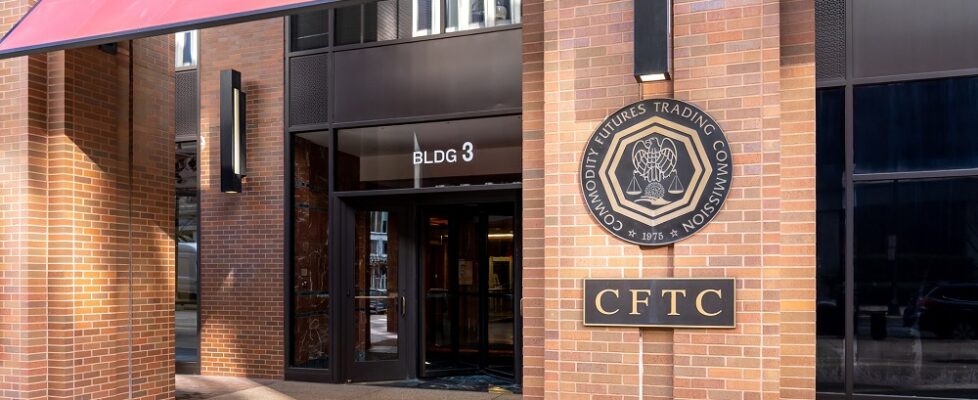CFTC encounters discovery difficulties in lawsuit against WorldWideMarkets
The Commodity Futures Trading Commission (CFTC) is having discovery difficulties in its action against WorldWideMarkets, Ltd. (WWM), TAB Networks, Inc. (TAB), Thomas Plaut, and Arthur Dembro. This becomes clear from a report submitted at the New Jersey District Court on October 12, 2022.
The CFTC’s claims arise out of WWM’s operation of a financial services company from approximately 2011–2018 that acted as the counterparty to leveraged Forex transactions with retail customers.
According to the amended complaint, WWM and its parent company, TAB, were headquartered in New Jersey at all relevant times, Thomas Plaut was the companies’ chief executive officer, and Arthur Dembro was the companies’ chief financial officer. In approximately April 2017, the amended complaint avers that WWM stopped allowing customers to withdraw their funds from their Forex trading accounts.
The amended complaint contains two categories of claims: (1) registration and regulatory violations and (2) fraud claims.
As to the first category, the amended complaint alleges that WWM was required to register with the CFTC as a retail forex dealer (RFED) because it offered to be and acted as the counterparty to leveraged retail forex transaction but was not so registered, in violation of 17 C.F.R. § 5.3(a)(6)(i). The amended complaint also alleges that WWM failed to maintain sufficient levels of adjusted net capital and did not hold assets equal to WWM’s retail forex obligation in an account in a money center country, in violation of 17 C.F.R. §§ 5.7(a) and 5.8(a), respectively.
As to the fraud claims, the amended complaint alleges WWM fraudulently misrepresented to customers that their funds would be held “safely” in “segregated accounts,” when in fact WWM indiscriminately transferred customer assets from bank accounts held in WWM’s name to TAB’s bank account, which TAB then used to pay the companies’ operating expenses, employee salaries, and to make cash distributions to Plaut.
The amended complaint alleges the referenced transfers of customer funds from WWM to TAB amounted to misappropriation, i.e., theft, of customer assets.
TAB, Plaut, and Dembro are alleged to be liable for WWM’s violations under various theories of derivative liability. The amended complaint alleges TAB is jointly and severally liable for all of WWM’s violations because WWM and TAB functioned as a common enterprise.
The amended complaint alleges that Plaut is liable for all of WWM’s violations because he controlled all aspects of the company and did not act in good faith or knowingly induced the acts constituting the violations. See 7 U.S.C. § 13c(b). The amended complaint alleges that Dembro is liable for WWM’s fraudulent misrepresentations and misappropriation on an aiding and abetting theory.
Now, the CFTC is experiencing difficulties related to discovery in this case.
The CFTC learned that WWM/TAB had abandoned its computer servers after having failed to pay amounts owed to Equinix, with which it had contracted to host its servers at a facility in Secaucus, New Jersey. At least a year after WWM/TAB abandoned its servers, the CFTC collected them from Equinix’s facility. At the time of collection, the servers had been disassembled by Equinix and were not functioning.
The CFTC brought the hardware from Equinix to a secure location in its Washington, D.C. office and its Digital Forensics Unit attempted to reconstruct the server components for the purpose of retrieving relevant electronically stored information, such as customer account information.
The Digital Forensics Unit’s efforts were not successful—the CFTC has not been able to access any data or information from WWM/TAB’s abandoned servers.
The hardware comprising WWM/TAB’s servers remains in the CFTC’s offices in substantially the same condition as when it was collected from Equinix.





